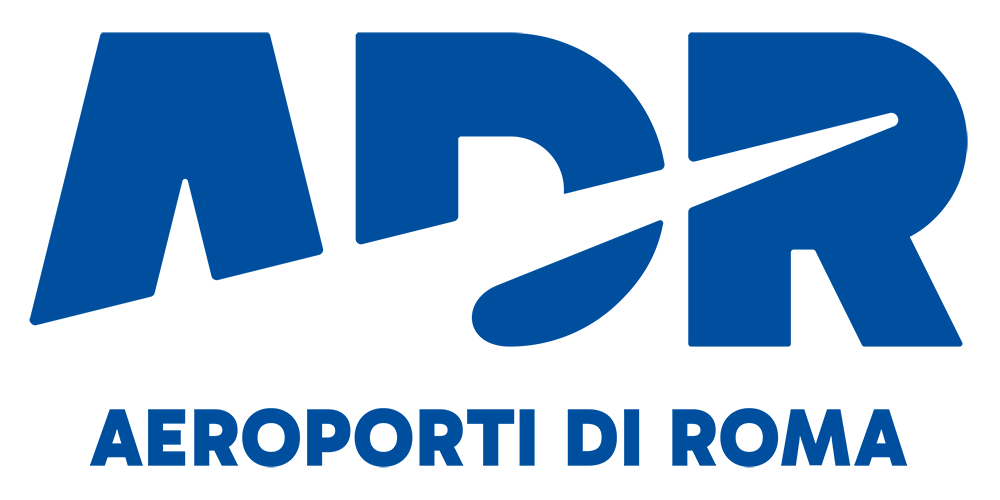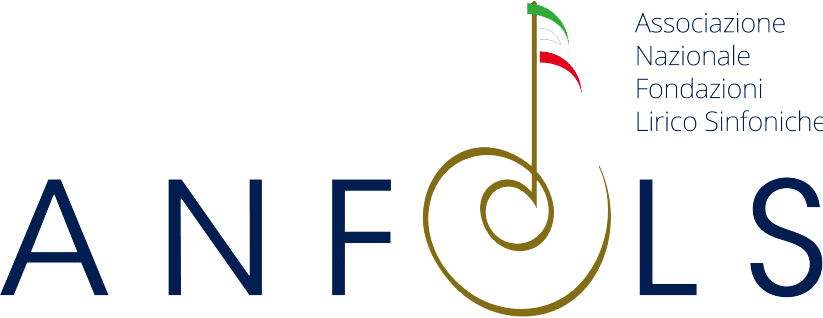by Marco Montanaro
The following column is taken from Caliban #5 – Simon Boccanegra/The Power, on sale on the website of the Rome Opera House, effequ and in bookstores from November 27, 2024
Roberto Calasso argues in his La letteratura e gli dèi (Adelphi, 2001) that the contemporary man has banished the divine from literature and fiction, by removing it away from faith and religion. Unable to build shrines and sing songs of prayer, he has ended up erasing the ritual from narratives, banishing the gods from the earth and relegating them to the heavens of storytelling, and at times even to superstition. Yet, both the disappearance and the return of the gods follow circular patterns; by worshipping ancient relics, we slowly return to rekindle the fire of the heroic acts of the past, so that the catastrophe of the present and the uncertainty of the future may be more bearable.
One can thus assume that even the modern Schlegel of 20th century superhero comics were romantic worshippers of the past: e.g. Jerry Siegel and Joe Shuster with Superman (1938), Bob Kane and Bill Finger with Batman (1939), or even earlier Lee Falk and Ray Moore with the forerunners Mandrake the Magician (1934) and The Phantom (1936), not forgetting Suzuki Ichiro and Takeo Nagamatsu, who with Ōgon Batto (The Golden Bat) gave birth to the first superhero with superpowers in Japan already in the early 1930s.
However, it was later, with Stan Lee’s Marvel Comics (and a large group of authors and illustrators), particularly starting with The Fantastic Four (1961) and then with the adventures of The Avengers, Spider-Man and X-Men, that the superhero myth was clearly outlined, though with numerous changes of register, tone and habits, thus establishing the stereotype of the modern superhero-with-super-problems that has evidently made its way into the collective imagination and pop culture at the turn of the new millennium. The idea is not only that with great power comes great responsibility, as is now widely accepted by an almost universal audience, but also that the superpower itself is a sort of self-sacrifice. While it gives the possibility to perform heroic acts, it prevents the hero from having a normal life and even imposes on him a life full of sacrifices. An existence in which everything, from private life to personal feelings, is thus sacrificed on the altar of a semi-divine mandate, which is received almost by chance, and always by misfortune, to save the earth or even the entire universe from all sorts of threats.
However, the whole narration of these modern myths never elevated to an idolisation of the sacred, faith or religion (perhaps only to a moral code for some), on the contrary, the least interesting part is precisely that of the fight with external forces. If there is a reason why the superpower continues to conquer us, even reaching people who have never set their eyes on a superhero comic in their lives (thanks, mainly, to the success of the Marvel Cinematic Universe), it is because of the internal crises it brings with it. It is on that level that we mirror ourselves in superheroes as in the myths of the past, assuming that that this precise aspect is actually a failure, an emasculation of the heroes’ lives, bringing them closer to us to the point of allowing a certain degree of identification.
After all, Superman is nothing more than an alien mistaken for an all-powerful god who must adapt to normal life on planet earth; Captain America is a survivor of a war propaganda, a remnant from another era that was built on quite different ideals of patriotism; the immensely popular Spider-Man, even as an adult, is a boy constantly forced to come to terms with a gigantic sense of guilt; and if Batman (among the few ‘supers’ lacking superpowers) is partly a brilliant detective, he turns out to be a psychopathic fighter who has not yet worked through his terrible childhood traumas of violence and oppression.
It is therefore the more human aspects that characterise them that make these heroes close to us. The burden they bear is not so much that they manage to hold the universe together as that they manage to do so by being themselves and not someone else, and by remaining very perfectible beings despite the gift they have received. In doing this they recall archetypes and absolutes that have always been in tune with our most ancestral origins. We admire Orpheus for the beauty of his singing, but it is when he turns back to look for Eurydice that he really does talk to us.
In the same way Tony Stark/Iron Man may certainly be reminiscent of a contemporary Elon Musk or any other charismatic CEO of a Western technology company, but ,at the same time, he is Narcissus and as such dramatically trapped – especially in the film version played by Robert Downey Jr. – in his self-love. This is a question no less problematic than the challenge with Doctor Doom or other rivals (unless Stark himself becomes Doom…). Reed Richards, even if he recalls the genius Daedalus who invented history’s first automatons, the labyrinth and the wings to escape with his son (Franklin Richards?) as far as the sun, he is nevertheless the absent pater familias of the dysfunctional Fantastic Four family.
Again, in Hulk, a new Ḫumbaba or Minotaur, we see our most animal-like and more monstrous nature; while the story of the Dark Phoenix, who manifests herself with all the creative and devastating power of a chthonic and wild female goddess (the same as the Madonnas of miracles and founding legends of so many Italian cities, being themselves Catholic variants of the more ancient Venus, Diana, Selene or Proserpine), represents, on a human level, a tragic affair of psychic suffering and split personality.
Recently, there has been talk of audience weariness towards superheroes and also towards the motion pictures that feature their gestures and adventures amidst billionaire marketing investments and sensational twists on and off screen. It cannot be ruled out that this weariness will sooner or later force producers to revise their plans (and audiences to leave the cinemas for good). It will remain to be seen what form will this myth take, once again, to be able to tell ourselves better than we are able to do in the silence of our rational solitude, increasingly orphaned of rituals and prayers.
Calibano is the new magazine of the Rome Opera House. Created as a space for in-depth analysis and debate around topical issues raised from the performances on the theater’s program and realized in collaboration with the publishing house effequ, the editorial project involves, every four months, the publication and distribution in Italian bookstores of a monographic volume dedicated to an opera title and a related theme, through the commissioning of essays, short stories and reviews by authoritative signatures.
You can buy Calibano on the effequ website at this link, in bookstores and at the Rome Opera House shop.
The illustrations in this issue were made by Katie Morris.













